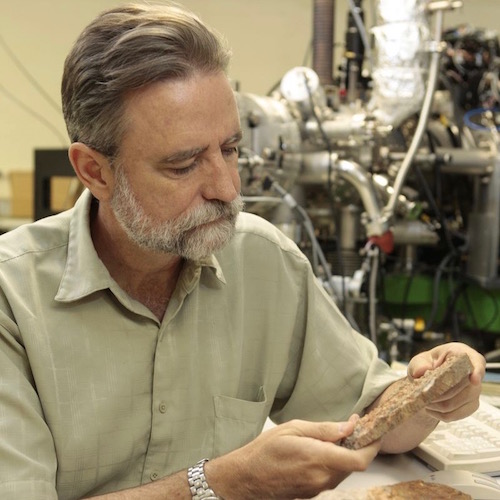 Evolution
Evolution
 Intelligent Design
Intelligent Design
 Life Sciences
Life Sciences
UCLA Geochemist: Life Arose “Almost Instantaneously” on Early Earth

Findings of “rapid evolution” seem to be coming at an ever-increasing pace. A recent example in the stream of these announcements is that with the discovery of graphite in a 4.1 billion-year-old zircon, life on Earth may have started, err, “almost instantaneously.” As reported in 2015 in news from UCLA:
“Twenty years ago, this would have been heretical; finding evidence of life 3.8 billion years ago was shocking,” said Mark Harrison, co-author of the research and a professor of geochemistry at UCLA.
“Life on Earth may have started almost instantaneously,” added Harrison, a member of the National Academy of Sciences. “With the right ingredients, life seems to form very quickly.”
Someone tell the angels that Alexander Oparin can now rest in peace, for his 1924 prediction that the origin-of-life problem would be solved “very, very soon” has finally come to pass. Life arose “very quickly” — though we suspect Oparin was hoping for a bit more detail.
The difficulty is that with its inexorable march of progress, science just continues to narrow the evolutionary time windows. Darwin insisted evolution required hundreds of millions of years, but the Cambrian explosion, and all the other so-called Big Bangs of the historical record — which tell us that the appearance of everything from flowers to horses was punctuated rather than gradual — must have occurred in no more than a few million years.
It means the evolutionary tree is the exact opposite of what evolutionists expected. Rather than the slow, gradual, buildup of diversity over the eons of time, instead bursts of radically new species appeared out of nowhere, over and over, only to be winnowed out by extinction.
And it all started with the first life. Except that where a few tens of millions of years once seemed to be available, which itself was inadequate, that speck of graphite leaves us with nothing but an evolutionary nanosecond.
Meanwhile, evolutionist Kepa Ruiz-Mirazo now admits that most likely we will “never manage to find the answer to how life began.” Fortunately evolution is a fact, otherwise people might begin to doubt.
Photo: Mark Harrison, by Reed Hutchinson via UCLA.
Cross-posted at Darwin’s God.
